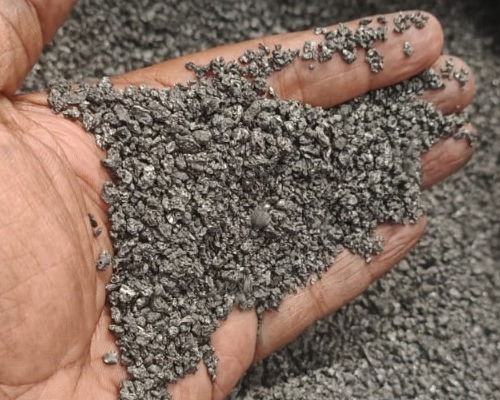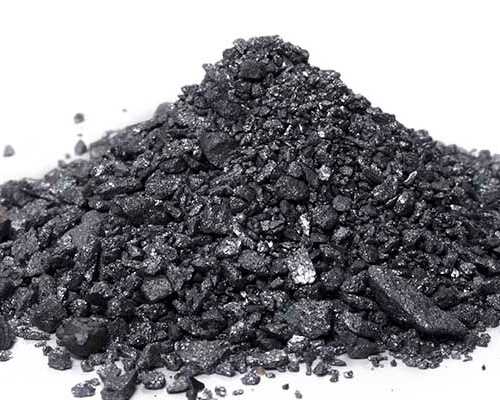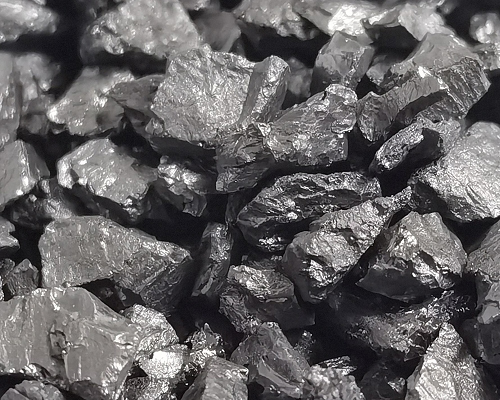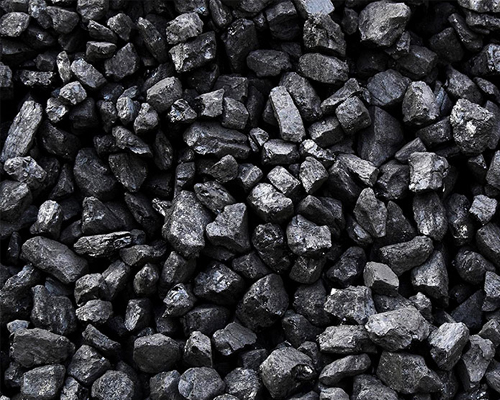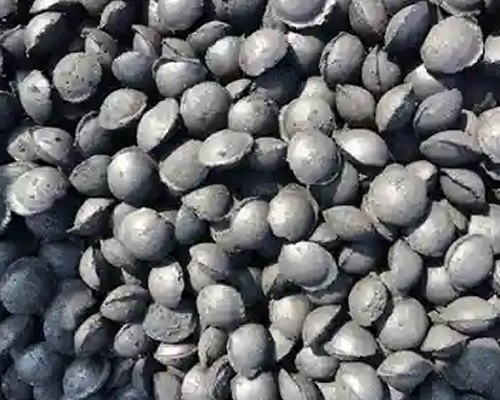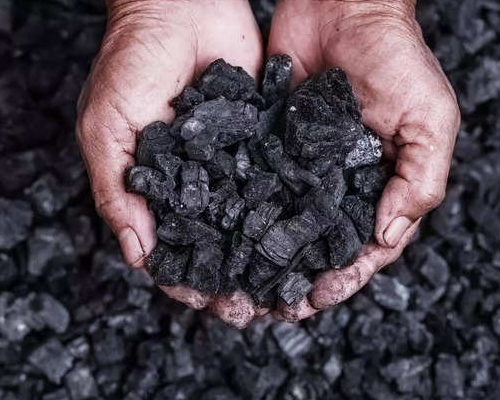- Mon-Sat - 10:00am to 07:00pm
- info@seasomcarbon.com
- +91 230 2433983, 2421474
Calcined Petroleum Coke
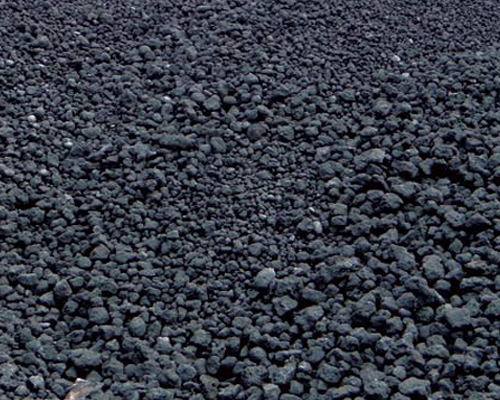 Calcined petroleum coke (CPC) is the product from calcining Raw Petroleum Coke. This coke is the product of the coker unit in a crude oil refinery. The calcined petroleum coke is used to make anodes for the aluminum, steel, and titanium smelting industry.
Calcined petroleum coke (CPC) is the product from calcining Raw Petroleum Coke. This coke is the product of the coker unit in a crude oil refinery. The calcined petroleum coke is used to make anodes for the aluminum, steel, and titanium smelting industry.
Calcining is a high-temperature pyrolysis treatment process applied to raw petroleum coke. The process of calcination is carried out in rotary kilns at temperatures exceeding 1200 degrees Celsius. This removes volatile matter, moisture, and other impurities, and the result is a highly carbonaceous material, often referred to as Calcined coke.
The primary use of Calcined petroleum coke is in the production of anodes used in aluminum smelting. Anodes act as conductors of electricity in the electrolytic cells that produce aluminum by the Hall-Héroult process. Calcined coke is also used in steel and titanium smelting industries.
The properties of calcined petroleum coke, such as high carbon content, low moisture content, and low volatile matter, make it suitable for various industrial applications where a high carbon content is desirable. The specific properties of the calcined coke can vary based on the source of the raw petroleum coke and the specific calcination process used.
| Parameter | Values | Range | |||||
| Fixed Carbon | % | 97 - 98.5 | |||||
| Ash | % | 0.5 - 1 | |||||
| Volatile Matter | % | 0.5 - 1 | |||||
| Sulphur | % | 0.5 - 3.5 | |||||
| Moisture | % | 0.5 - 1 | |||||
| Size | MM | 0 - 4, 0.5 - 4, 1 - 4, 2 - 10 , 0 - 30 | |||||
| Packing | 50 Kgs, 500 Kgs & 1 ton Jumbo Bags | ||||||

